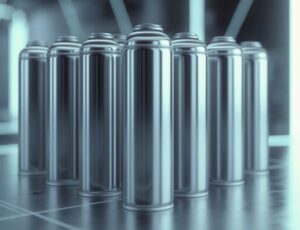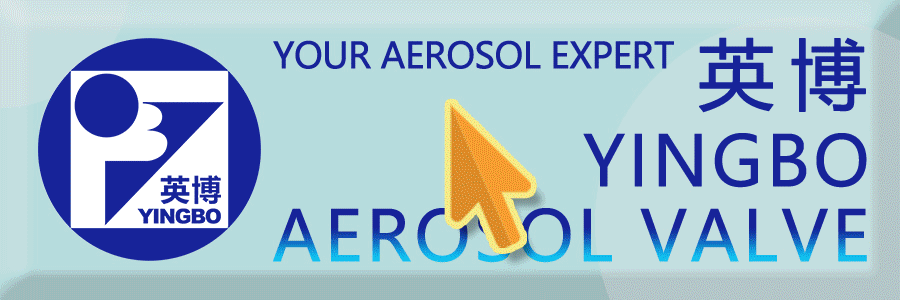Leaders call for stronger circular economy at German Aluminium Summit

The event, hosted by the German Aluminium Alliance at the North Rhine-Westphalia (NRW) State Representation, underlined the sector’s strategic role in the country’s industrial and climate goals.
The German Aluminium Alliance is a joint initiative of the German federal states of North Rhine-Westphalia, Saxony-Anhalt, Saarland, Rhineland-Palatinate and the Free and Hanseatic City of Hamburg, alongside the trade unions IG Metall, IG BCE and the industry association Aluminium Deutschland. Its mission is to make the aluminium industry competitive, climate-neutral and circular.
In her keynote speech, NRW Minister for Economic Affairs Mona Neubaur described aluminium as the backbone of vital industrial value chains and called for an ambitious expansion of recycling and circular practices.
“North Rhine-Westphalia is the centre of Germany’s aluminium industry. Our aim is to develop this location in a future-proof and climate-neutral way. This requires an aluminium sector that combines economic strength with ecological responsibility. Expanding the circular economy is therefore a key lever, which we will tackle together between the federal states, industry and trade unions,” she said.
The Alliance urged policymakers to treat aluminium scrap as a critical raw material and ensure that sufficient scrap remains within European markets to keep recycling plants operating effectively.
Philipp Schlüter of TRIMET Aluminium warned: “In the global competition for scrap, our sector is coming under increasing pressure. Politics and industry must now work together to keep valuable aluminium scrap within the European cycle.”
Francesco Grioli of IG BCE stressed that technological innovation must be actively supported, calling it a key to a robust circular economy.
Volker Consoir of IG Metall added that a strong circular economy not only protects the climate and strengthens competitiveness, but also secures jobs.
Meanwhile, Volker Backs of Speira criticised the excessive bureaucracy that often hinders projects, noting that they are often either not yet ready for funding or already under way, at which point waiting for bureaucratic processes is impractical.
Speakers emphasised the need for investments in innovative technologies, including advanced furnace systems, green hydrogen and electrification solutions, to enable a sustainable aluminium sector.
They also highlighted the importance of “design for recycling” to ensure that products are created from the outset to be easily dismantled and recycled, avoiding problematic composite materials and conserving resources.
The discussion made clear that the path to a sustainable circular economy requires close collaboration between politics, industry and civil society, clear regulatory frameworks and greater awareness of aluminium’s role as a key material for a climate-neutral future.
The German aluminium industry already achieves recycling rates of over 99 per cent for aluminium beverage cans, thanks to the metal’s inherent properties and sustained investment in state-of-the-art recycling technologies. Industry leaders are now calling for similarly ambitious approaches across the entire value chain.











